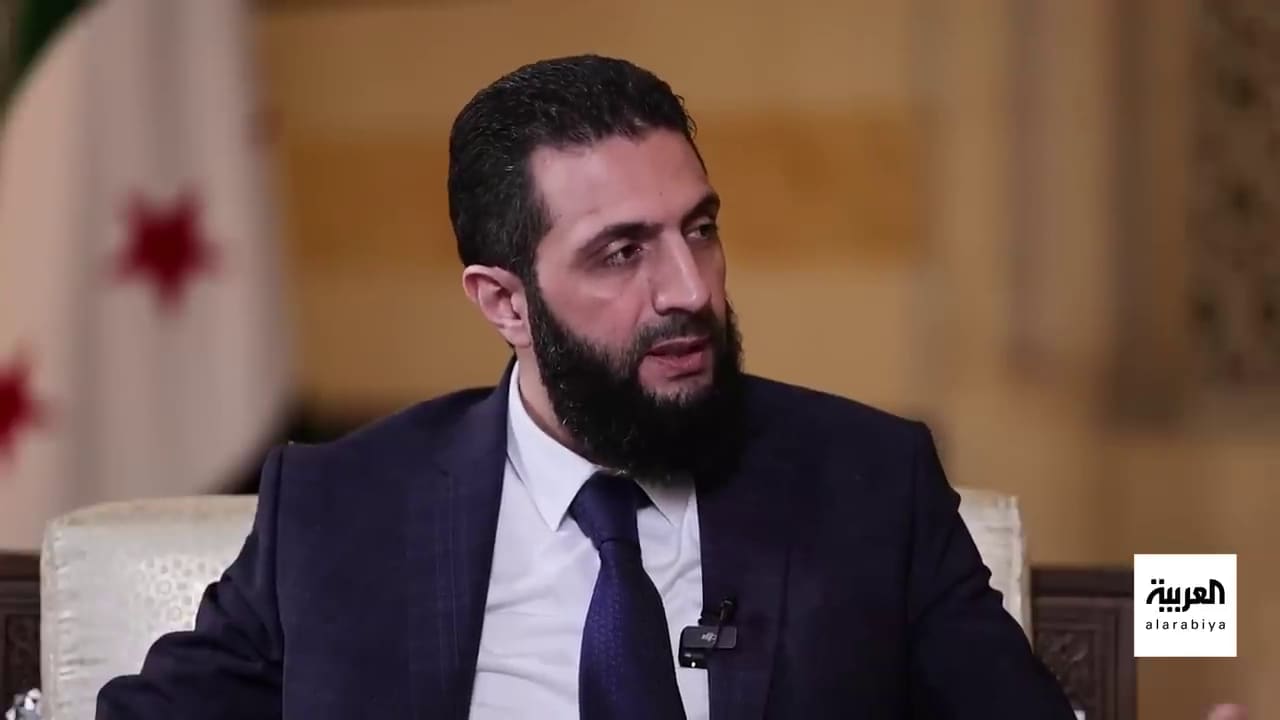
Following are excerpts from a debate on female circumcision, which aired on Egyptian TV on July 3, 2007:
Ali Gum'a, Mufti of Egypt: There are four degrees of female circumcision. The first is making a cut in a certain part of the female [body]. Later, this wound heals. In the past, the religious scholars called it "a cut." Imam Al-Mawardi said, according to Ibn Hajar's Fath Al-Bari, that this means a cut, and not complete removal. Making "a cut" means to make a slit, like that, whereas "complete removal" means taking this organ off.
[...]
This is a custom, not a religious practice. The second, third, and fourth degrees [of female circumcision], which are the kinds of female circumcision actually performed in Egypt, constitute "complete removal."
Interviewer: Not a cut.
Ali Gum'a: No. Complete removal is a crime in Islamic law, and requires complete compensation. It requires compensation equal to that paid for the killing of a person. It is tantamount to the killing of a person.
[...]
What is prevalent today is complete removal, not making a cut. What goes on now constitutes a crime – both in the past and in modern times. This crime warrants punishment in kind. We should catch whoever does this, and do the same to them.
[...]The first degree of female circumcision – even if it was permitted a hundred years ago, it is not permitted today. One may ask: Are the laws of God subject to change? As I told you, there is no divine law on this matter. It is a custom, and not a religious practice. That's one thing. The second thing is that the world has changed. In what way? Clothes have changed. In the past, girls would wear loose clothes, there was no air pollution, they would ride horses, animals, camels, and so on. When a girl needed medical treatment, they would not treat her with pharmacology, not with chemicals. She was treated with natural substances. When a girl wanted to go from here to Alexandria, she would go by foot with a caravan. Today, health is different, things are different, and the environment is different. The medical knowledge at the time concluded that this cut is useful. It may have been – I wasn't alive 100 years ago. But when the current medical knowledge tells me this is disastrous, and I can see that the environment has changed – by God, how can on avoid changing one's fatwas in order to reach the intention of the religious law, and prohibit the first degree of female circumcision as well? The first...
Interviewer: ...which is the cut, not the complete removal.
Ali Gum'a: Yes, the cut has become prohibited. Why has it become prohibited? It has become prohibited because conditions have changed. It has become prohibited because it has become harmful.
[...]
MBC TV, July 5, 2007
Voice of Egyptian cleric Safwat Higazi: Female circumcision is allowed. It does exist in Islam. It existed before the advent of Islam, and Islam and the Prophet Muhammad have recognized it. In my opinion, it is likely that the Prophet had his daughters circumcised. As I've said, when a girl reaches the age of nine, her father or mother should take her to a surgeon, the best doctor available. The doctor examines the girl, and with all his knowledge and experience, determines whether the girl needs circumcision or not. If the doctor says that the girl needs circumcision, it is our duty to have her circumcised. If the doctor says that the girl does not need circumcision, it is forbidden to have her circumcised. This is because each girl or woman is different.
[...]
If it reaches the point that someone prohibits something that existed in the days of the Prophet, and was not prohibited by him – this is completely unacceptable, whether it is the Mufti or anyone else.













